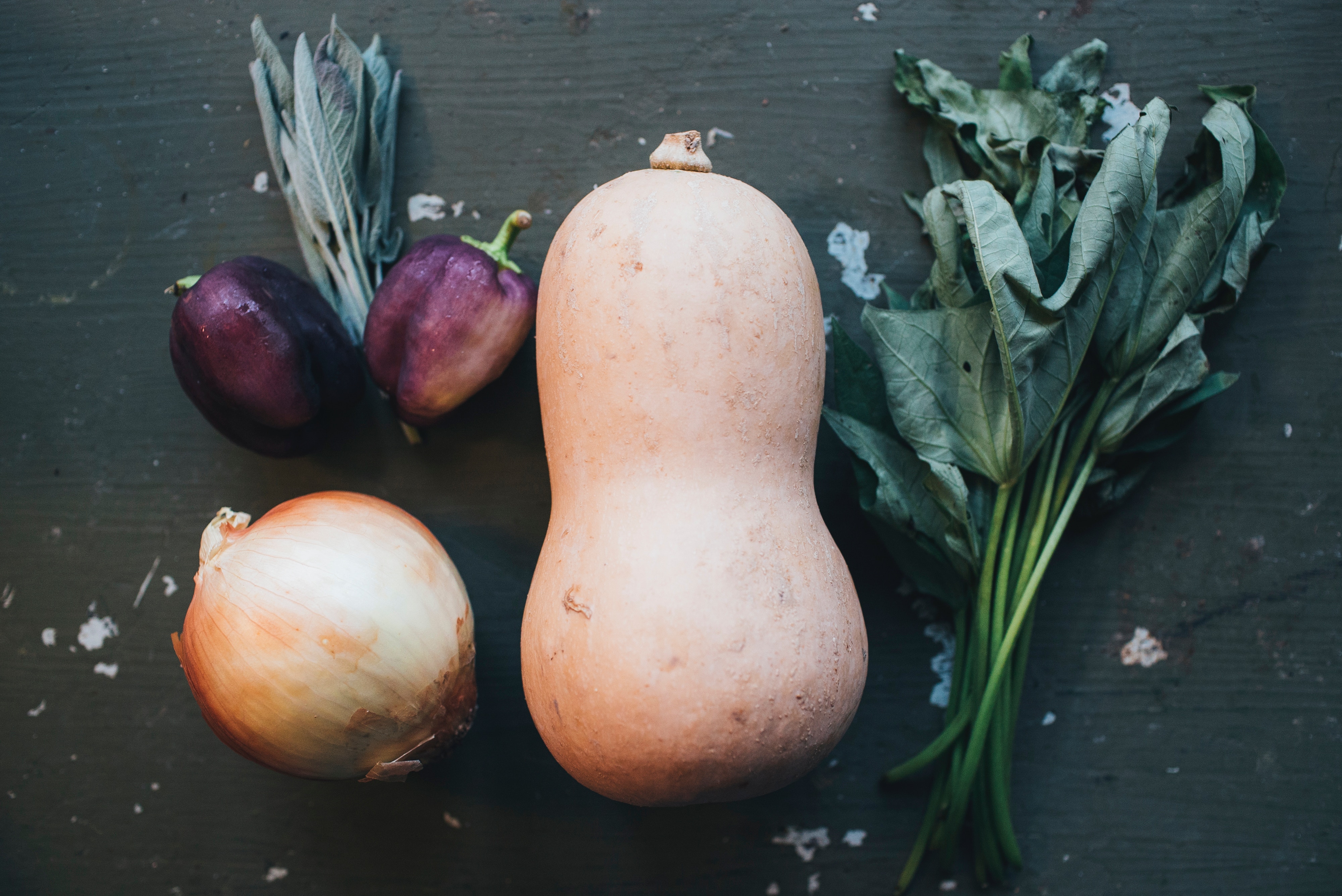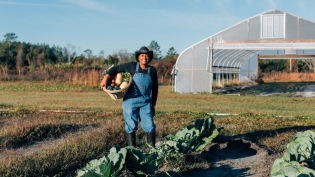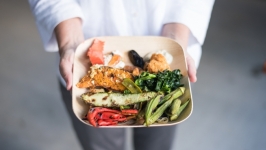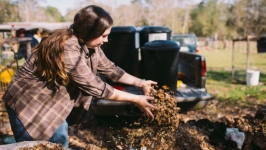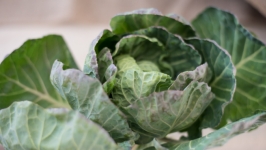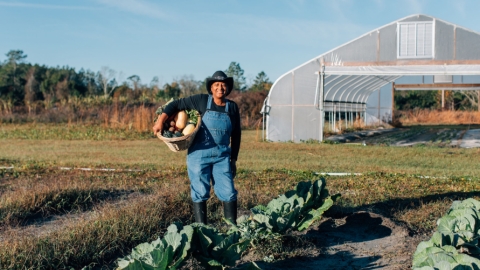What is a CSA?
The term "CSA" stands for community-supported agriculture. When a family or individual joins a CSA they agree to support a local farm, in exchange for a share of the harvest produced throughout a season. While financial models and payment plans vary, joining a CSA typically requires an investment up front to support farmers in getting crops planted and growing for the season ahead. Becoming a CSA member creates a relationship between consumers and the food they eat, the farmers who grow it and the land on which it is grown. CSA members share both the benefits and risks of food production with farmers.
The CSA relationship between local farmers and community members helps create an economically stable farm operation in which members are assured the highest quality produce, often at below retail prices. In return, farmers and growers are guaranteed a reliable market for a diverse selection of crops. Initial CSA investments help cover a farm's yearly operating budget, including the cost of seeds, water, equipment maintenance and labor, and in return, CSA members receive routine yields of fresh produce, right from the source -- from a farm and farmer they know.
With a CSA, farmers and consumers bypass markets and deal directly with one another. CSA's vary in the way they offer "shares" to their members (some provide a standard "share" each week -- a bag or box of fresh, seasonal, local goods; others offer a market-style share, where members of the CSA can select from the available yields each week). Most programs offer a mix of vegetables and fruit, with add-ons like eggs, nuts or honey. Depending on the farm, there are even CSA's that just provide all meat, all fish, all medicinal herbs, or even just flower bouquets.
CSA programs are mutually beneficial. They help stabilize a farm’s income and give farmers some reassurance knowing a community of consumers has invested in them, while CSA members get to make a conscious choice about who grows their food, how it’s done and where. For urban and suburban dwellers, having a connection to a piece of rural land can feel significant, and happily, many farms invite members to visit, creating an even greater appreciation for the food they eat.


